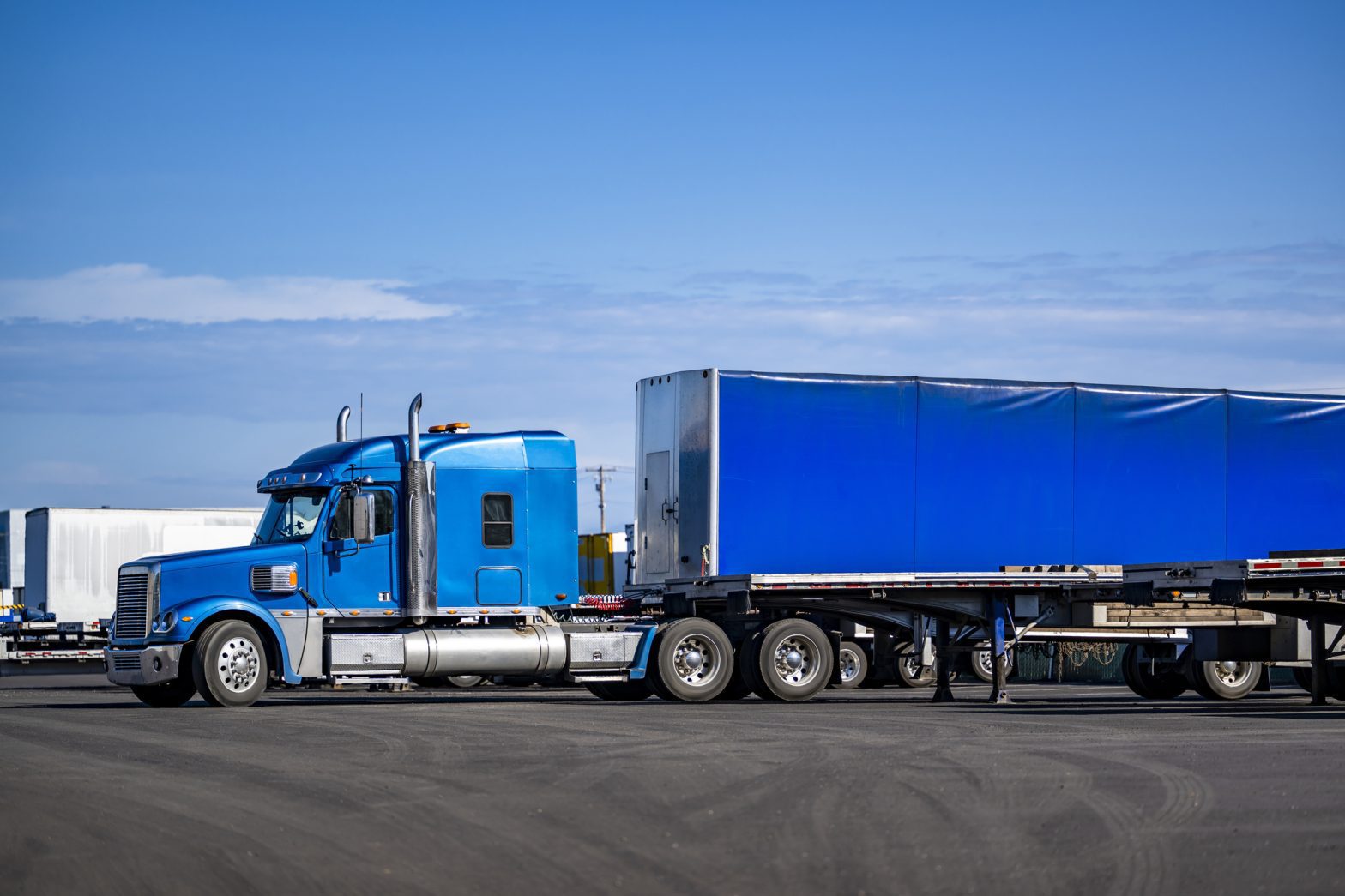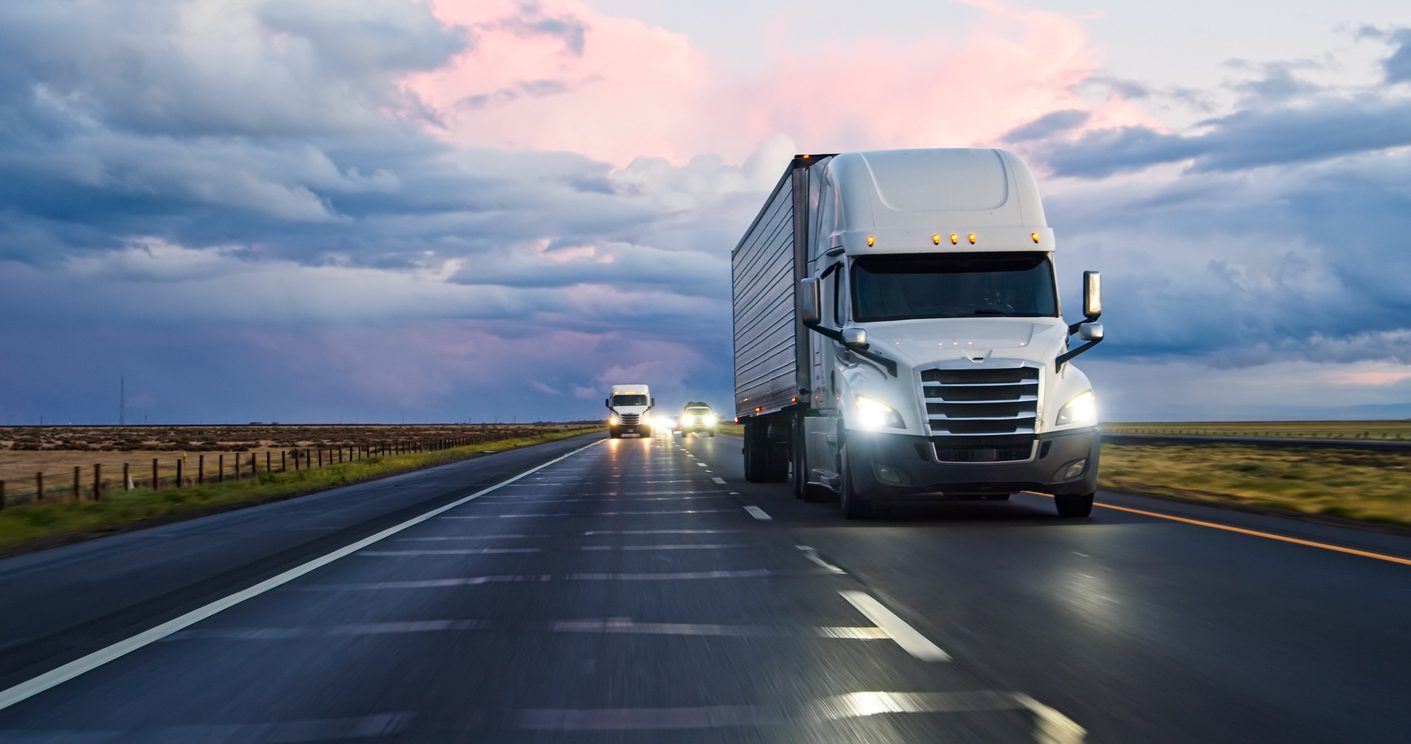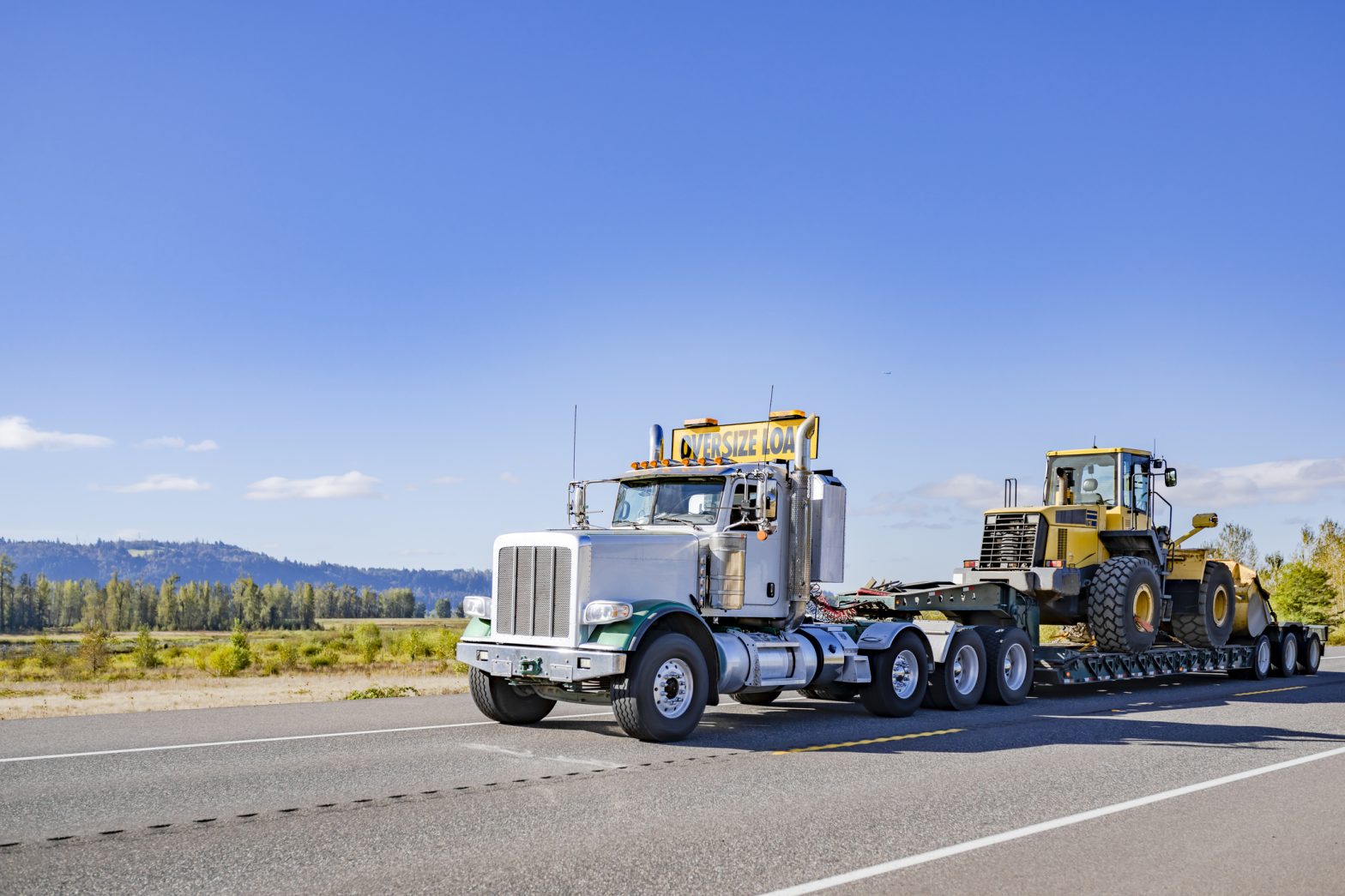
 April 24, 2024
April 24, 2024
Flatbeds and Conestoga Shipping: How to Choose the right Trailer
Flatbed and Conestoga: First Frontier Logistics
First Frontier Logistics offers tailored logistics solutions to streamline operations, regardless of your equipment needs. With our expertise in Trucking Logistics, we ensure efficient distribution, allowing you to focus on business growth. Partner with us for seamless, efficient distribution success tailored to your needs.
What are Flatbeds?
- Flatbed trailers feature a completely flat, open trailer bed without any sides or roof.
- They provide easy loading and unloading for oversized or irregularly shaped cargo.
- Ideal for transporting construction materials, machinery, and large equipment.
- Flexibility in securing loads with straps, chains, or tarps.
What are some of the different types of Flatbeds?
- Standard Flatbeds: These trailers feature a simple flat platform with no sides or roof, offering versatility for transporting various types of cargo.
- Drop Deck Flatbeds: Also known as step deck trailers, these have a lower deck height towards the front, allowing for easier loading of taller cargo while still maintaining a flatbed design.
- Double Drop Flatbeds (Low Boy): Featuring a lower deck in both the front and rear sections with a raised center, these trailers are suitable for transporting tall cargo that exceeds standard height restrictions.
- Extendable Flatbeds: Designed with telescoping or sliding sections, these trailers can extend their length to accommodate over length loads while remaining adaptable for smaller shipments when retracted.
- Removable Gooseneck (RGN) Flatbeds: RGN trailers have detachable front sections (goosenecks) that can be removed to create a ramp for loading heavy equipment or machinery.
Advantages of Flatbeds:
- Versatility: Flatbed trailers accommodate various types of cargo, including oversized or irregularly shaped items.
- Easy Loading and Unloading: With no sides or roof, loading and unloading are streamlined processes.
- Accessibility: Accessibility from all sides facilitates efficient loading and unloading operations.
- Flexibility in Securing Cargo: Multiple tie-down points allow for secure attachment of loads using straps, chains, or tarps.
- Cost-Effective: Flatbed trucks are often more economical for transporting large or bulky items compared to Conestoga trailers.

What are Conestogas?
- Conestoga (Rolltite) combine the benefits of flatbeds with the added advantage of a rolling tarp system.
- The rolling tarp system consists of movable curtains that can be effortlessly deployed or retracted to cover and uncover the cargo.
- Offers protection from weather elements while maintaining the versatility of a flatbed trailer.
- Suitable for transporting delicate or weather-sensitive goods such as machinery, steel, or lumber.
What are some of the different types of Conestogas?
- Standard Conestogas: These trailers feature a rolling tarp system that covers and uncovers the cargo area, providing weather protection while maintaining the versatility of a flatbed design.
- Drop Deck Conestogas: Similar to standard Conestoga trailers, these have a lower deck height towards the front, allowing for easier loading of taller cargo while still incorporating the rolling tarp system.
- Double Drop Conestogas: Featuring a lower deck in both the front and rear sections with a raised center, these trailers combine the benefits of a rolling tarp system with the ability to transport tall cargo that exceeds standard height restrictions
Advantages of Conestogas:
- Weather Protection: The rolling tarp system provides protection from rain, snow, and wind, safeguarding cargo from many types of weather-related damage.
- Security: The enclosed nature of the rolling tarp system deters theft and unauthorized access to the cargo.
- Versatility: Combines the flexibility of a flatbed trailer with the added benefits of weather protection and security.
- Time Efficiency: The quick deployment and retraction of the rolling tarp system saves time during loading and unloading.

Frequently Asked Questions (FAQs) about Flatbeds and Conestogas
Q: Can flatbeds or Conestogas ship to Mexico?
Yes, This can be done in 2 different ways. Transloading at the USA, Mexico Border or a door to door direct service to limit unnecessary handling.
Q: Are flatbeds suitable for transporting oversized cargo?
Yes, flatbed trailers are ideal for transporting oversized or irregularly shaped cargo due to their open design and accessibility.
Q: Are there size limitations for cargo on flatbed and conestogas?
Yes, while these trucks can handle oversized loads, they must adhere to legal size limits set by transportation authorities.
Q: Can Conestogas protect cargo from adverse weather conditions?
Conestoga trailers feature a rolling tarp system that provides excellent protection against rain, snow, and wind, ensuring cargo remains safe from the elements, intact and undamaged.
Q: How do you secure cargo on a flatbed or Conestogas?
Cargo on flatbed and Conestoga trailers can be secured using straps, chains, or tarps, utilizing tie-down points located throughout the trailer bed.
Q: Are there weight limitations for cargo on flatbeds and Conestogas?
Yes, both types of trailers have weight limits regulated by transportation authorities. It’s essential to adhere to these limitations for safety and compliance reasons.
Q: Can Conestogas be loaded and unloaded from the side?
While Conestogas offer the convenience of top loading and unloading with the rolling tarp system, some models may also feature side loading capabilities for added versatility.
Q: What are the max Load Dimensions for a flatbed?
Max legal load width is 8.5 feet (102 inches) and the max height is 8.5 feet (102 inches).
Conclusion
Flatbed and Conestoga Shipping is essential in many different industries, offering unique solutions for hauling a variety of goods. Understanding their differences and advantages is crucial. Whether you’re hauling oversized machinery, construction materials, or other specialized freight, choosing the right type of equipment can make all the difference in ensuring safe and efficient transportation.






